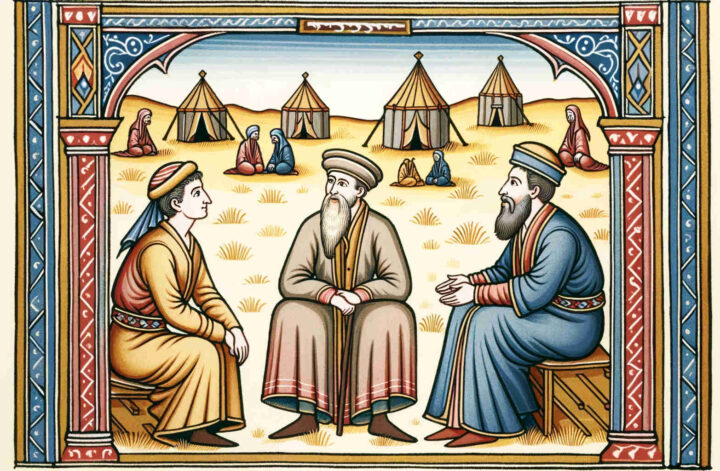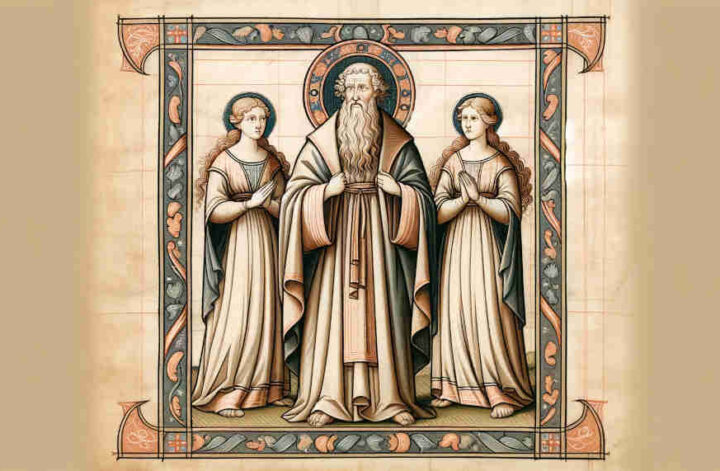Email from a reader: “Dear Rabbi Joshua, I’m studying the Talmud and am curious about when the Noahide Laws first appear in these texts. Could you provide some insight into this? Thank you, Benjamin Katz”
Dear Benjamin,
Your question touches on a significant aspect of Talmudic study and Jewish legal tradition. Let’s explore the origin and first mention of the Noahide Laws in the Talmud.
Tractate Sanhedrin and the Noahide Laws:
The Noahide Laws are most extensively discussed in the Talmud in Tractate Sanhedrin. The specific section where these laws are detailed is in Sanhedrin 56a to 60a. This discussion elaborates on the seven universal laws that, according to Jewish tradition, were given by God to the children of Noah, and through them to all humanity.
Context in the Talmud:
In Sanhedrin, the Rabbis engage in a detailed analysis of each of the seven laws, exploring their implications, interpretations, and the broader ethical principles they represent. This section is part of a larger discourse on legal principles, justice, and ethical conduct.
Significance of the Noahide Laws in the Talmud:
The discussion of the Noahide Laws in Tractate Sanhedrin is significant as it establishes the concept of a universal moral law applicable to all humanity, not just to the Jewish people. It underscores the Talmudic view that righteousness and ethical conduct are not confined to any single nation or people but are expected of all people.
Historical Context:
While the Talmud was compiled and edited around the 3rd to 5th centuries CE, the discussions and traditions it contains span a much broader historical period, reflecting centuries of rabbinical thought and debate. The exact historical moment when these laws were first articulated in this form is therefore difficult to pinpoint, but their inclusion in the Talmud signals their importance in the Jewish legal tradition.
Benjamin, I hope this provides a clear understanding of where and how the Noahide Laws first appeared in the Talmud. Their presence in Sanhedrin is a testament to the enduring importance of these universal principles in the Jewish legal and ethical framework.
Warm regards,
Rabbi Joshua


